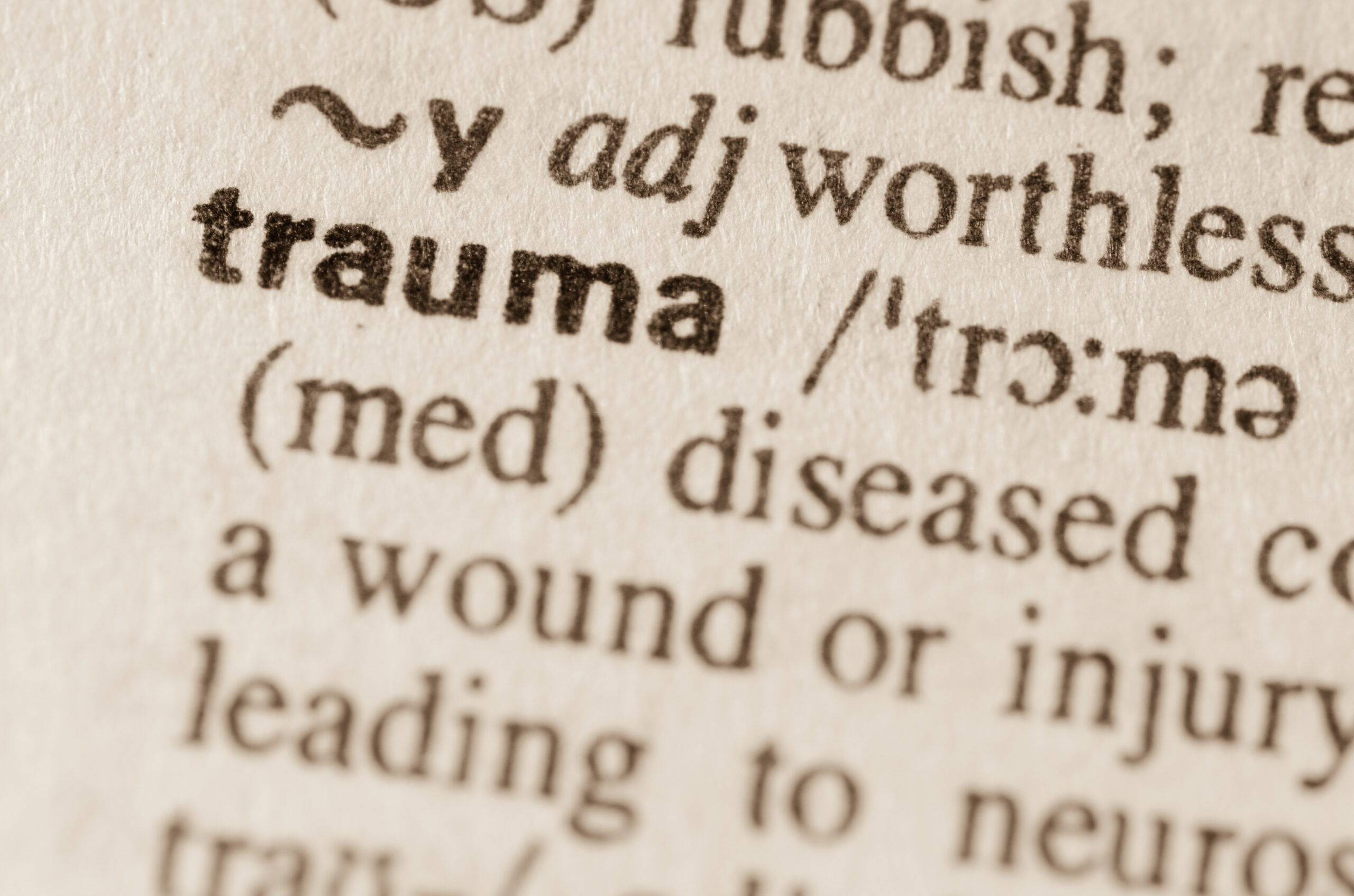Addiction is a disease that impacts not only the sufferer but the family system as a whole. Understanding the ties between trauma and addiction and how they affect the family dynamic is one of the goals of trauma informed care.
How can trauma informed care help people suffering from addiction and their families heal? This Diamond Recovery article will answer this question and many more.
What is Trauma?
According to the American Psychological Association trauma is “an emotional response to a terrible event like an accident, rape or natural disaster.” But, that definition hardly does justice to the depth and width of trauma and how it can affect families and individuals. Perhaps one of the biggest misconceptions about trauma is that it is in the past and if we can simply “let it go” or “get over it” then it will no longer have any power over us.
The effects of trauma tend to echo throughout a person’s life until the trauma is dealt with. People who are affected by trauma are, more often than not, unaware that the trauma is the reason. They may be aware that they have an addiction, or are engaged in other unhealthy, maladaptive behaviors or distorted thinking — but it may not have occurred to them that trauma is at the root of it all.
In this context, trauma is:
- A powerful emotional response to an event or series of stressful events.
- Not something that resolves itself if ignored, denied, or left alone.
- A source of lasting emotional and behavioral effects that can continue many years later.
- Not an unsolvable problem, but something that can be dealt with, with the right care.
What is Trauma Informed Care?
Trauma informed care is a mental health treatment approach that involves understanding, recognizing, and responding to the effects of all types of trauma. It emphasizes physical, psychological, and emotional safety. This form of treatment is recovery-oriented and helps survivors rebuild a sense of control and empowerment.
Trauma informed care is not a specific treatment but rather an approach to treatment that considers the whole person, including their experiences of trauma. In a behavioral health setting, care from a trauma-informed perspective can help identify the signs of unresolved trauma and give patients tools to unravel the reasons behind addiction and other behaviors and trauma responses.
Trauma-informed care is:
- An approach to treatment rather than a specific form of mental health care.
- A philosophy that prioritizes awareness of trauma and its effects.
- Care that is sensitive to how certain things might make a trauma survivor feel.
- Geared toward empowering the trauma survivor and helping them trust and love again.
Understanding the Impact of Trauma on Individuals
Trauma responses are reactions and behaviors seen in people who have experienced significant trauma. These responses may be physical, emotional, behavioral, or cognitive, and they can occur immediately after the event or even years later. An example of a trauma response might be a young woman who cannot sleep comfortably in her bed or any other bed, so she finds himself sleeping on the couch every night.
Napping on the sofa occasionally is perfectly ordinary behavior. But in this instance, it’s unusual because it is regular behavior. This is an example of a trauma response in a woman who was sexually assaulted in bed as a child. Her bed, or any other bed, no longer felt like a safe place to her after that.
Common sense may tell her that her bed is safe. Logic and reason tell he she isn’t a child anymore and the danger is gone, she understands she isn’t that little girl anymore and her attacker is not a threat. But the trauma response is fueled by emotion, not logic. This is why the right treatment is so important. Trauma survivors need empathy and understanding and they need to be empowered.
The impact of trauma:
- Can last for many years or even decades after the precipitating event.
- May be in emotional, physical, behavioral, or cognitive form (or all of these).
- Can be lessened and treated to lead a survivor toward healing and recovery.
How Trauma Affects Families
The family dynamic can be complex. Powerful emotional ties bind the family together, but family members can also be bound by mutual trauma (trauma bonds). Their trauma responses may affect their relationships with one another and others. People in families where trauma is prevalent are more likely to be exposed to drug and alcohol abuse behaviors as well and may learn by example, to turn to substances as a way to deal with uncomfortable feelings. Addiction is more common in families where significant trauma has occurred.
Sometimes drug and alcohol abuse is part of the reason for the trauma, sometimes it is a coping response to the trauma. Often it is both, which can make it difficult to tell where the effects of trauma and addiction begin and end. But it isn’t always important to unravel every detail. The key is the awareness that the effects of trauma are present.
As long as a person has enough willingness to seek or accept help for their addiction or mental health disorder —- and trauma informed care is available to them —- then they have every reason to recover and heal.
Trauma affects families:
- By creating “trauma bonds”.
- On the physical, emotional, and intellectual level.
- Echoing through multiple generations (generational trauma).
- By prompting maladaptive behaviors and dysfunctional relationships.
The Link Between Trauma and Addiction
Behavioral health specialists have long suspected there were ties between trauma and addiction. As more research has been done, the data is supporting the theories. People entering substance use disorder treatment programs exhibit signs of trauma at a significantly higher rate than the general population. It’s not hard to understand why.
People living with the effects of trauma are more likely to have uncomfortable feelings they want to escape or numb. They are also more likely to come from families where drug or alcohol abuse occurred, so they may have been taught by example. When you don’t like the way you feel, a drink or a drug is the answer.
What we have also learned is that, like any other dual-diagnosis patient, the trauma survivor who is also suffering from addiction will have substantially better odds of maintaining their sobriety with trauma-informed mental health care.
In simple terms, treating addiction without addressing the underlying issues, like trauma, and diagnosing and treating co-occurring disorders puts the patient at a great disadvantage. But, when a trauma-informed care approach is taken and conditions are addressed directly, trauma survivors with substance use disorders are able to build lasting recovery.
Trauma and Addiction
- Are often closely associated with one another.
- Can do great damage to individuals and families, but much of this can be repaired.
- Must be treated together for the best results, i.e. trauma-informed care for addiction.
Diamond Recovery Programs Offer Trauma-Informed Care
Diamond Recovery associated treatment programs are proud to utilize the trauma-informed care approach. We believe that dual-diagnosis care and trauma treatment are essential for trauma survivors with substance use disorders. While they face some extraordinary challenges, we are dedicated to providing trauma survivors with addiction the best evidence-based treatment available.
If you or someone you love could benefit from addiction treatment or help for a mental health disorder or you just have questions about addiction or trauma-informed care, please give us a call at (844) 909-2525.






